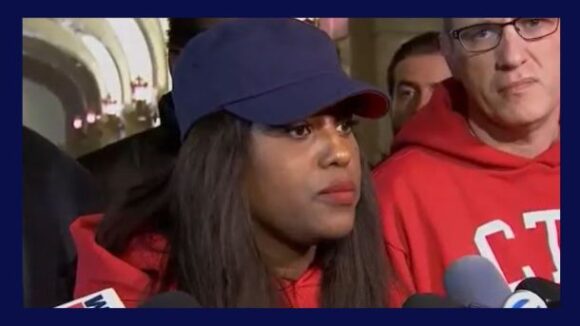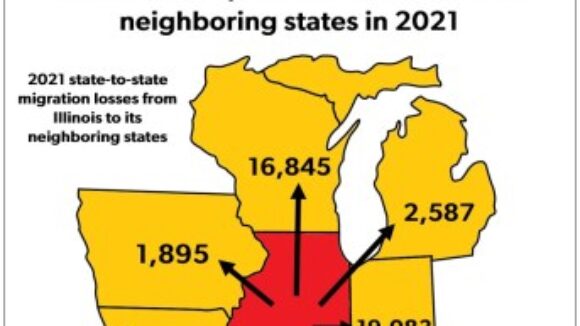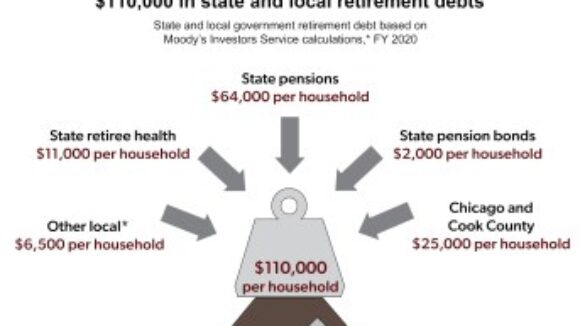In yesterday’s edition of the Washington Examiner, an article by senior writer Sean Higgins (see the link below) focused on Harris v. Quinn, a case scheduled for oral arguments before the U.S. Supreme Court on January 21.
Higgins interviewed Pamela Harris, the lead plaintiff in the case, in which she and seven other Illinois home health-care providers are being represented by a National Right to Work Legal Defense Foundation attorney.
All but one of the plaintiffs look after family members in their homes and, in order to be able to do this, get financial help from a state program funded through Medicaid. Illinois elected officials have redefined such home health-care providers as public employees solely for purposes of unionization.
One important question in Harris is whether the 1977 U.S. Supreme Court case that originally authorized forced financial support for government unions’ bargaining-related activities in jurisdictions where union officials are legally empowered to represent in the workplace employees who don’t want a union, along with those who do, applies to home health-care providers who aren’t supervised, hired or fired by the government.
A second important question is whether the 1977 precedent itself, known as Abood, along with subsequent decisions employing the same reasoning to uphold forced financial support for government unions, should be overturned. Higgins explained:
There’s a good chance that the justices will . . . upend existing precedents on public sector unions. The whole practice of requiring government employees to support a union could be ended.
Justice Samuel Alito’s majority opinion in last year’s case, Knox v. SEIU, hinted at it. He said that compulsory union fees “constitute a form of compelled speech and association that imposes a significant impingement on First Amendment rights.”
The Abood majority decision itself admitted that compulsory payments to unions “may well interfere in some way with an employee’s freedom to associate for the advancement of ideas, or to refrain from doing so, as he sees fit.” Up to now, however, federal courts have invoked union officials’ special privilege under federal and state statutes to act as employees’ monopoly-bargaining agents as an excuse for forced union dues and fees.
Less than two weeks from now, Foundation attorney Bill Messenger will explain to the Supreme Court, on the Harris plaintiffs’ behalf, why this monopoly-bargaining excuse for forced dues makes no sense and should no longer be accepted. Freedom-loving Americans across the country are now waiting eagerly to find out how the nine justices respond.


